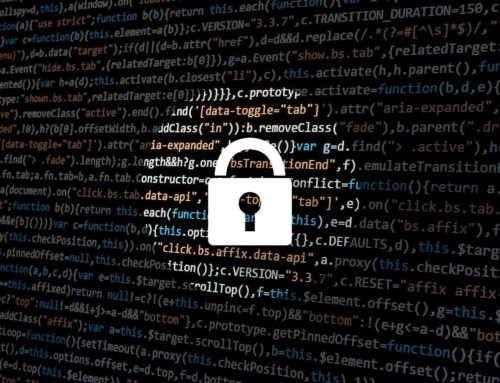Most people have heard of computer viruses and malware, even if they don’t know exactly how they work. Malware is a damaging computer program that can infect your system and steal data and corrupt files. That’s why most computers have some form of antivirus software installed. For those that don’t, there are some excellent third party virus removal options available.
However, removing viruses from your computer may not be the most appealing thing. The more you know about malware and the types of malicious computer code the better you can protect yourself against these attacks. Computer viruses are not the only type of malicious software to look out for these days. Worms are equally as destructive and harder to defend against.
Understanding the Difference
Malware is a type of software that is used to computer devices. Malware is an umbrella term that includes all forms for viruses and worms. Malware is normally used by hackers to infect computers with the goal of obtaining sensitive information or to create havoc with your system as a challenge. The term Malware covers everything, but there are distinctive features.
In this article we consider the properties of viruses vs worms. The main difference between viruses and worms is that viruses require a host file to spread, but worms don’t. Worms can spread independently. While a virus uses your computer’s internal resources to spread, a worm is self-replicating, so it doesn’t need any electronic host to perform its function.
How They Spread
A computer virus is a code developed by hackers. The code may have a range of purposes from installing malicious software and harvesting sensitive data, to crashing a system. This code is loaded onto an executable file—a file that requires digital interaction to spread. When this file is executed the virus will replicate and spread.
A computer worm is slightly different. Firstly a worm is a self replicating file; it doesn’t require an action to spread. Worms are designed to exploit a weakness or vulnerability in a computer’s programs or operating system. It explores the weaknesses and begins to self-replicate. The worms will also identify the same flaw in related devices and jump to those.
Which Is More Dangerous
Both viruses and worms can be extremely damaging and costly for individuals, and companies. While minor malware may only cause issues with damage to small files and inconvenience, larger attacks can steal sensitive data that leads to fraud or influence the outcome of democratic processes. Both viruses and worms are capable of these outcomes.
Despite both their detrimental characteristics, worms are considered a more hazardous form of malware, the reason being that worms are harder to recognize. They are on-boarded via internal system weaknesses and have the ability to self-replicate without interaction. Viruses can be just as dangerous but there are usually telltale signs to look out for, it is normally possible to avoid viruses with the right knowledge.
How to Identify Them
It can be difficult to identify them immediately without the right software, let alone know whether it’s a virus or a worm, not unless you are a malware expert. You might suspect you have some malware in your system if you experience unexamined slow performance, changes to your configurations that you didn’t make, or a sudden loss of storage space or pop-ups.
If you suspect you have malware installed or replicating in your computer you need to perform an antivirus scan immediately. You can use your computer’s inbuilt antivirus software, or perform a scan with a third party provider. It can be difficult to tell if you have a virus or a worm – both have similar symptoms – but effective virus removal software should eliminate either type of computer infection.
Protect Against Threats
Antivirus software is one half of the solution to malware issues, the other half is prevention. By establishing healthy online habits you can proactively protect yourself from malicious software. Firstly, avoid opening emails from unknown sources or if they seem suspicious for some reason. Be especially wary of attachments in emails. You can consult with an MSP about managed cybersecurity and what you can do to enhance your security system.
When you download new software make sure you do so from a trusted source. The Apple App Store and Google Play, for example, always vet their developers, making them safer. If you do download from a third party website, ensure you verify its credibility first. Also use an Adblocker when online, this will limit the number of malicious ads that might pop up, even in legitimate websites.




CONNECT WITH US!